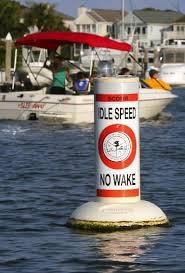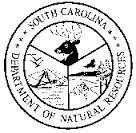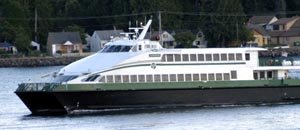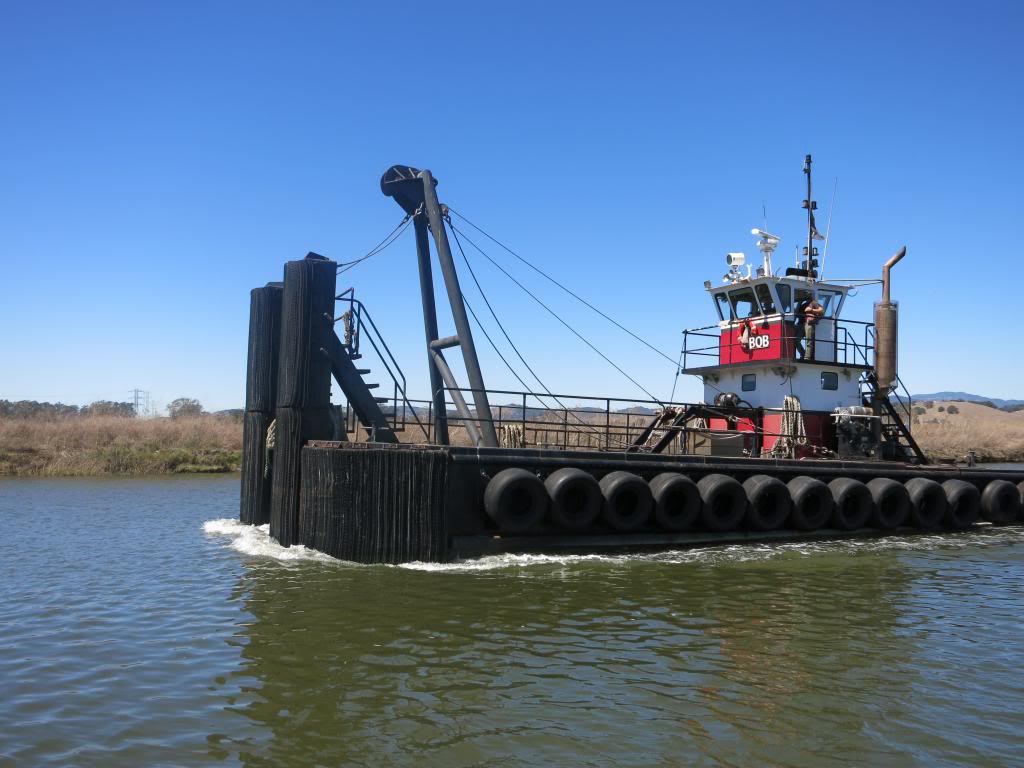Just as an FYI as to what can happen, the Washington State Ferry system introduced some passenger-only, "high-speed" ferries (photo) some years ago on the high-volume run between Bremerton and downtown Seattle. The water route into Bremerton from the main body of Puget Sound goes through fairly narrow dogleg pass called Rich Passage. I suspect it was named for one of Capt. Vancouver's guys, but nevertheless, it's prime real estate and has a lot of expensive waterfront homes lining it.
I forget the speed of the passenger ferries but it was substantial, and at speed the boats kicked up an impressive wake. As opposed to the big car ferries with their double-end hull designs that put up an amazingly (to me) small wake despite their impressive speed for vessels of that size.
The problem was that the passenger ferry wakes were breaking, and they came ashore on both sides of Rich Passage and began to erode the beaches and banks away.
The property owners complained. The ferry people ignored them. The property owners complained louder. The ferry people said the wakes from the passenger ferries were not big or strong enough to errode the shoreline. The property owners shot video of the wakes washing sand away and collapsing banks and called the TV stations which sent news crews out to shoot more video of the wakes washing sand away and collapsing banks.
IIRC, armed with this visual evidence,the property owners began filing, or threatening to file, really big lawsuits against the ferry system and anyone else they could think of to compensate them for their loss of property and the threat this posed to their residences, their property values, and other stuff.
The passenger ferries were ordered to slow down going through Rich Passage.
Since the passenger ferries were not so much "high speed": anymore for a good chunk of their voyage, they rapidly fell out of favor with the public. They boats had other problems, too, and in the end, they were pulled out of service and sold off to someplace else.
This was a commercial operation run by the state ferry system, and they were forced to reduce/eliminate their wakes. You can imagine what would have happened if it had been recreational boaters who were causing the problem. Speed limits wouold have been imposed sooner than instantly and enforced "vigorously" as they are on lakes Washington and Union (great source of revenue, boaters speeding in speed zones, as the marine police on lakes learned many years ago).
It's been my observation that when it comes to push vs. shove, the people with the money and the clout always win, and along a waterway, be it Rich Passage or the ICW, those people are the property owners. Recreational boaters, like recreational aircraft owners, are viewed by the majority as unduly priviliged and thus are great targets for everything from speed restrictions and other "rules" to special annual customs payments for the annual decal that says it's okay for you to bring your boat/aircraft back across the border from Canada.
So the next time you ICW people decide to plow past some big house and beat up his dock or wash away some of his landscaping or put a dent in his ski boat, remember that if he and his neighbors get mad enough to do something, you'll most likely be on the losing end, and creeping up and down the ditch at a glacial pace will gradually become the norm.







